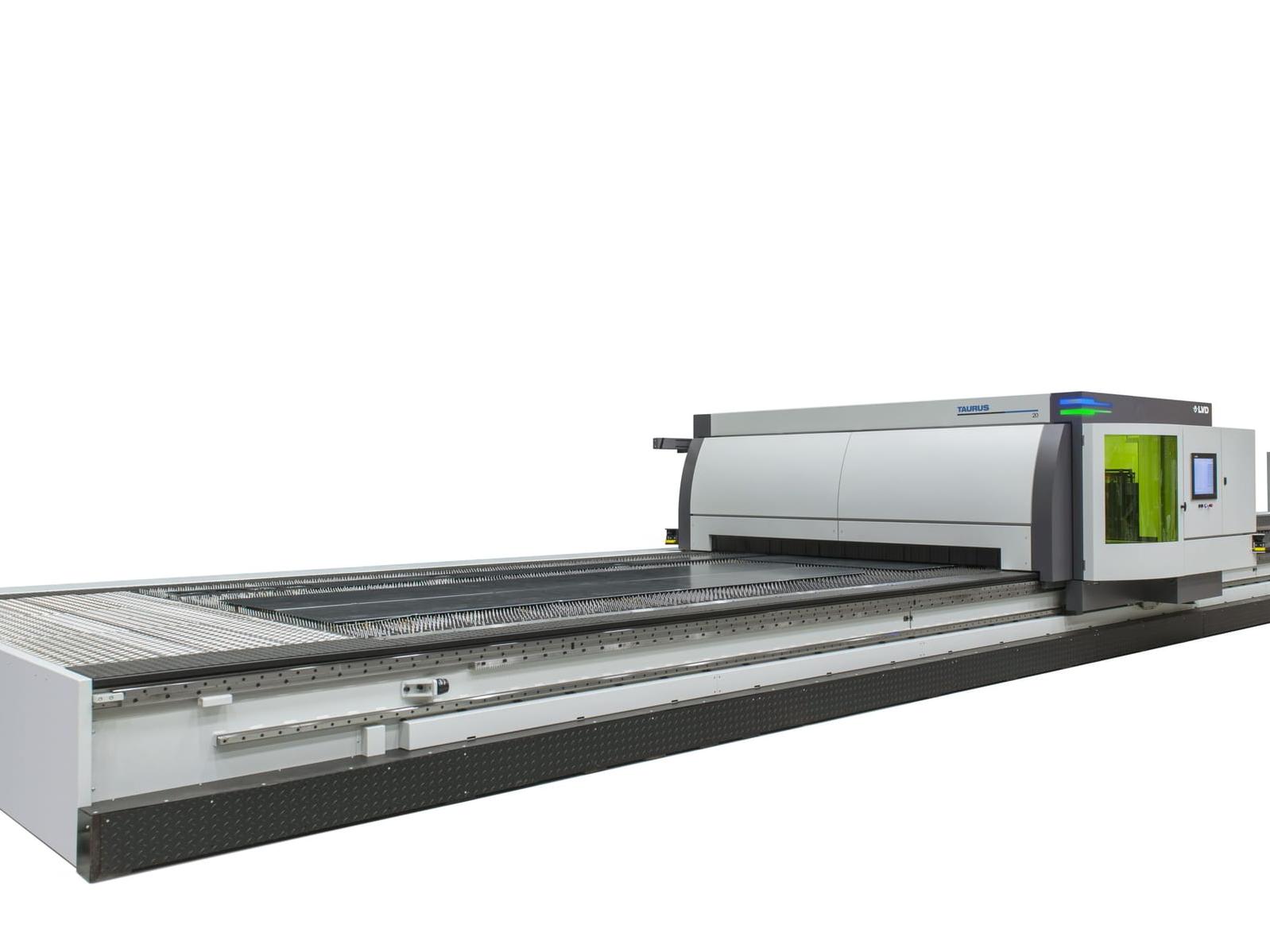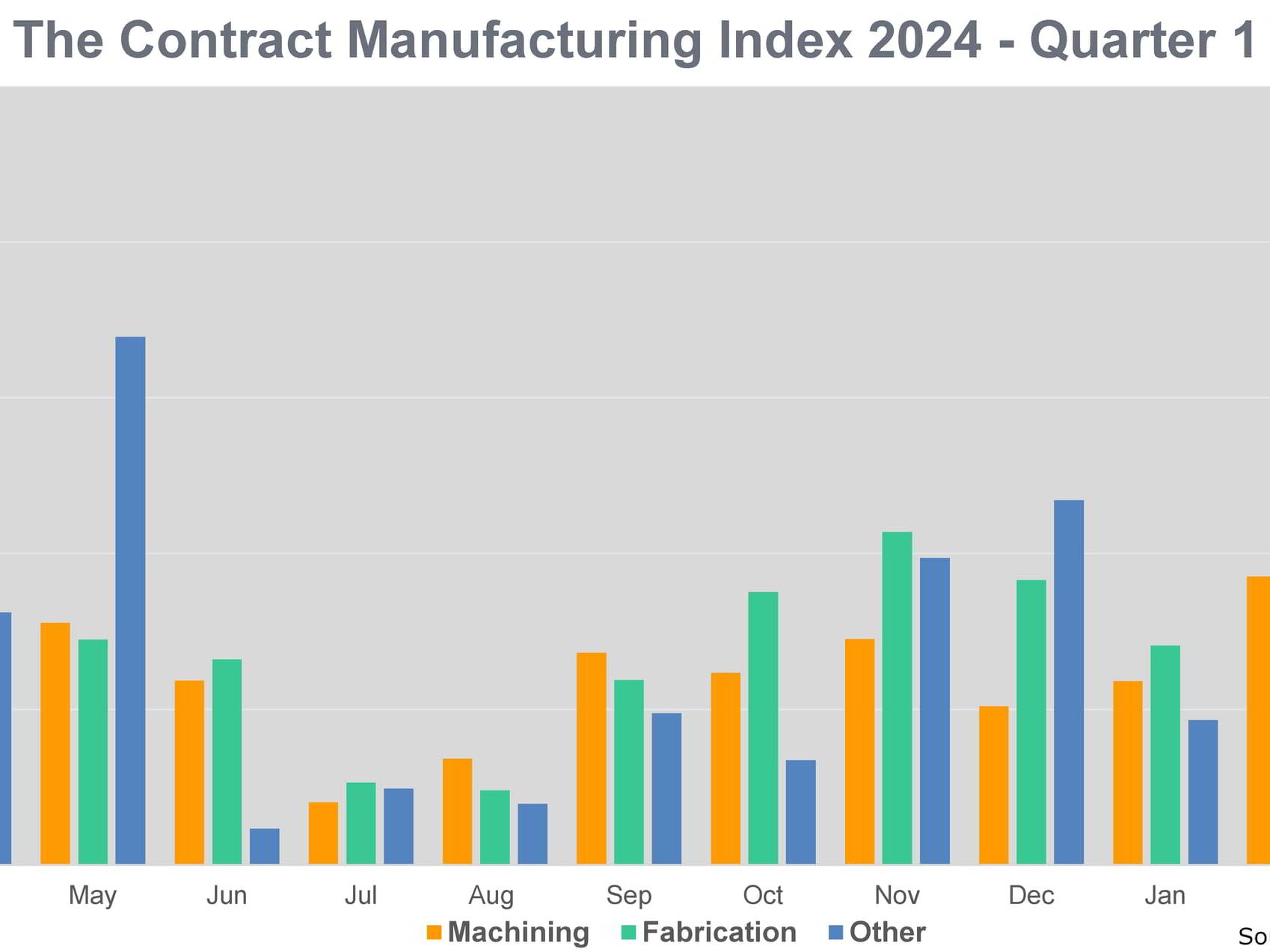Rolls-Royce wins funding for small nuclear power plants

Rolls-Royce has won funding for its Small Modular Reactor (SMR) business to build the next generation of low cost, low carbon nuclear power technology.
Rolls-Royce Group, BNF Resources UK and Exelon Generation will invest £195m across a period of around three years.
The funding will enable the business to secure grant funding of £210m from UK Research and Innovation funding, first announced by the UK prime minister, Boris Johnson in ‘The 10-Point Plan for a Green Industrial Revolution’.
Today’s announcement is another step towards the delivery of the government’s net zero strategy and its 10-point plan.
The business, which will continue to seek further investment, will now proceed rapidly with a range of parallel delivery activities, including entry to the UK Generic Design Assessment (GDA) process and identifying sites for the factories which will manufacture the modules that enable on-site assembly of the power plants.
Discussions will also continue with the UK government on identifying the delivery models that will enable long-term investment in this vital, net-zero enabling technology.
Rolls-Royce SMR is engaging with export customers across many continents who need this technology to meet their own net zero commitments.
Rolls-Royce CEO, Warren East, commented: “The SMR programme is one of the ways that Rolls-Royce is meeting the need to ensure the UK continues to develop innovative ways to tackle the global threat of climate change. With the Rolls-Royce SMR technology, we have developed a clean energy solution which can deliver cost competitive and scalable net zero power for multiple applications from grid and industrial electricity production to hydrogen and synthetic fuel manufacturing.
“The business could create up to 40,000 jobs, through UK deployment and export enabled growth. As a major shareholder in Rolls-Royce SMR, we will continue to support its path to successful deployment.”
Rolls-Royce SMR is using proven nuclear technology, coupled with a factory-made module manufacturing and on-site assembly system, to harness decades of British engineering, design and manufacturing expertise for a decarbonisation solution that aims to be available to the UK grid in the early 2030s.
Nine-tenths of an individual Rolls-Royce SMR power plant will be built or assembled in factory conditions and around 80% could be delivered by a UK supply chain.
Much of the venture’s investment is expected to be focused in the North of the UK, where there is significant existing nuclear expertise
A single Rolls-Royce SMR power station will occupy the footprint of two football pitches and power approximately one million homes. It can support both on-grid electricity and a range of off-grid clean energy solutions, enabling the decarbonisation of industrial processes and the production of clean fuels, such as sustainable aviation fuels (SAF) and green hydrogen, to support the energy transition in the wider heat and transportation sectors.
Rolls-Royce
www.rolls-royce-smr.com












